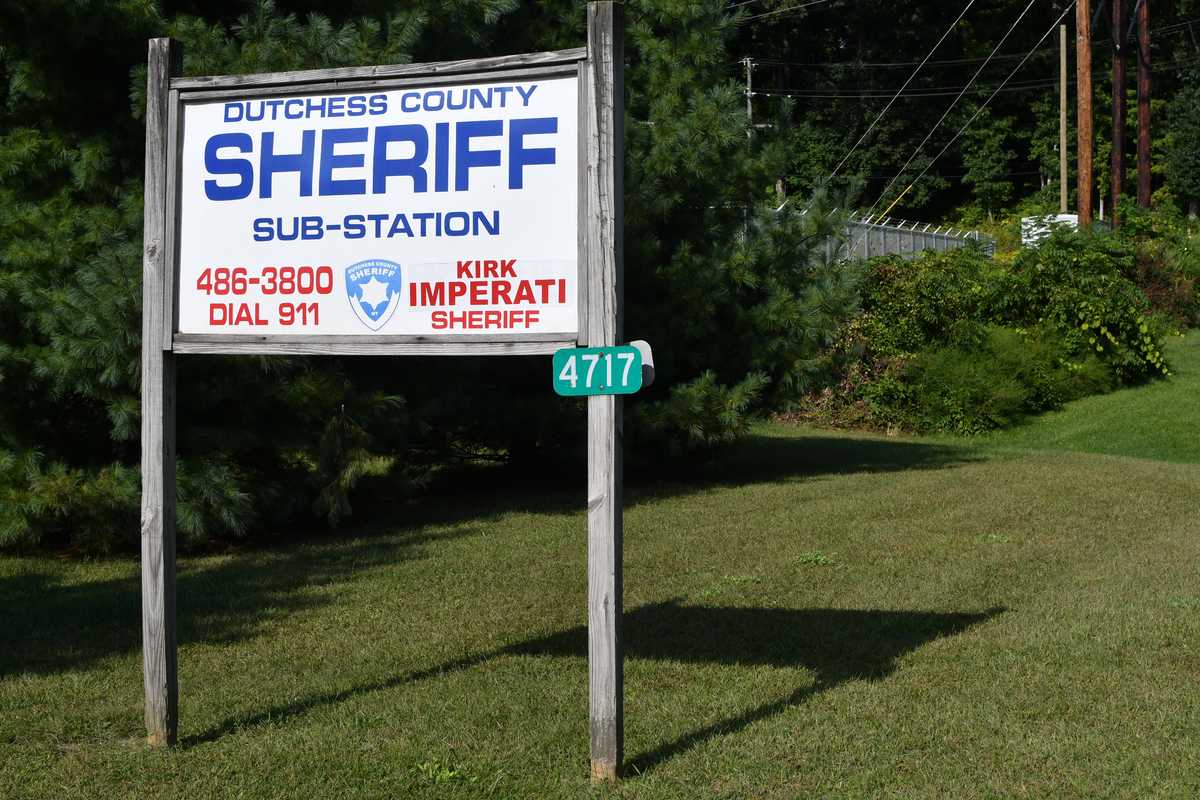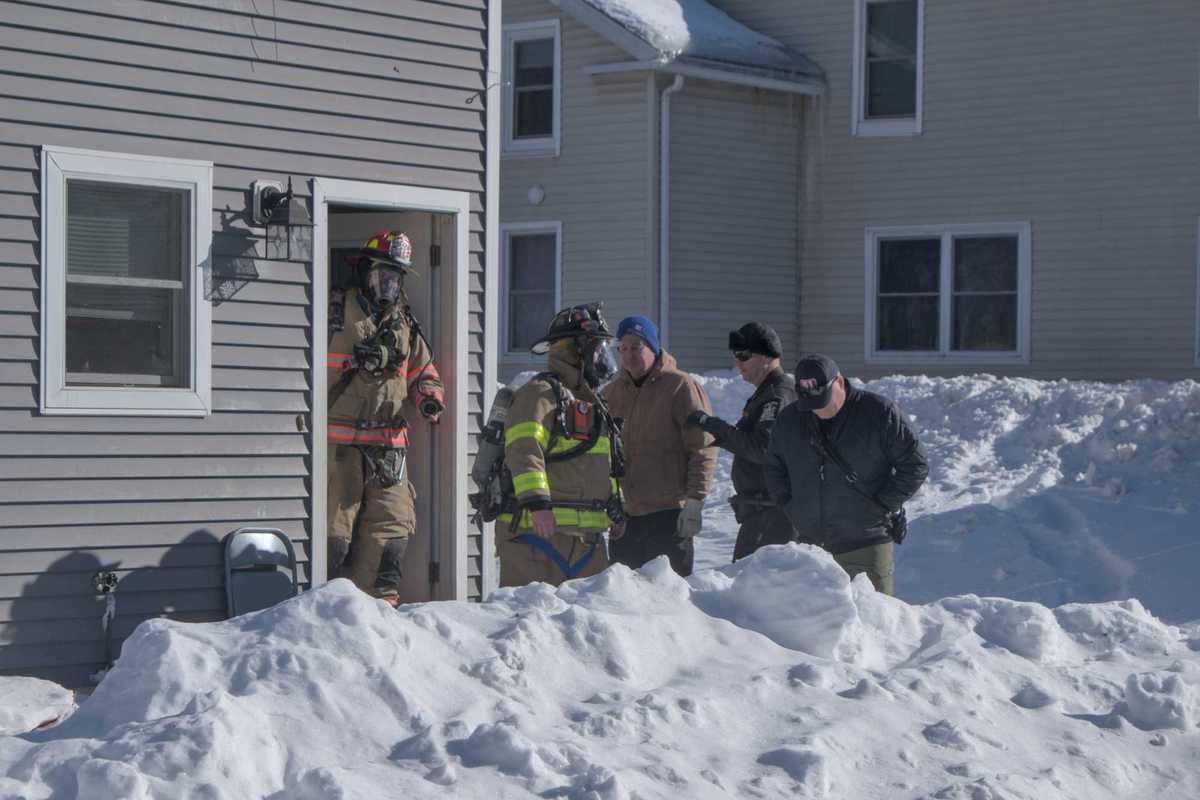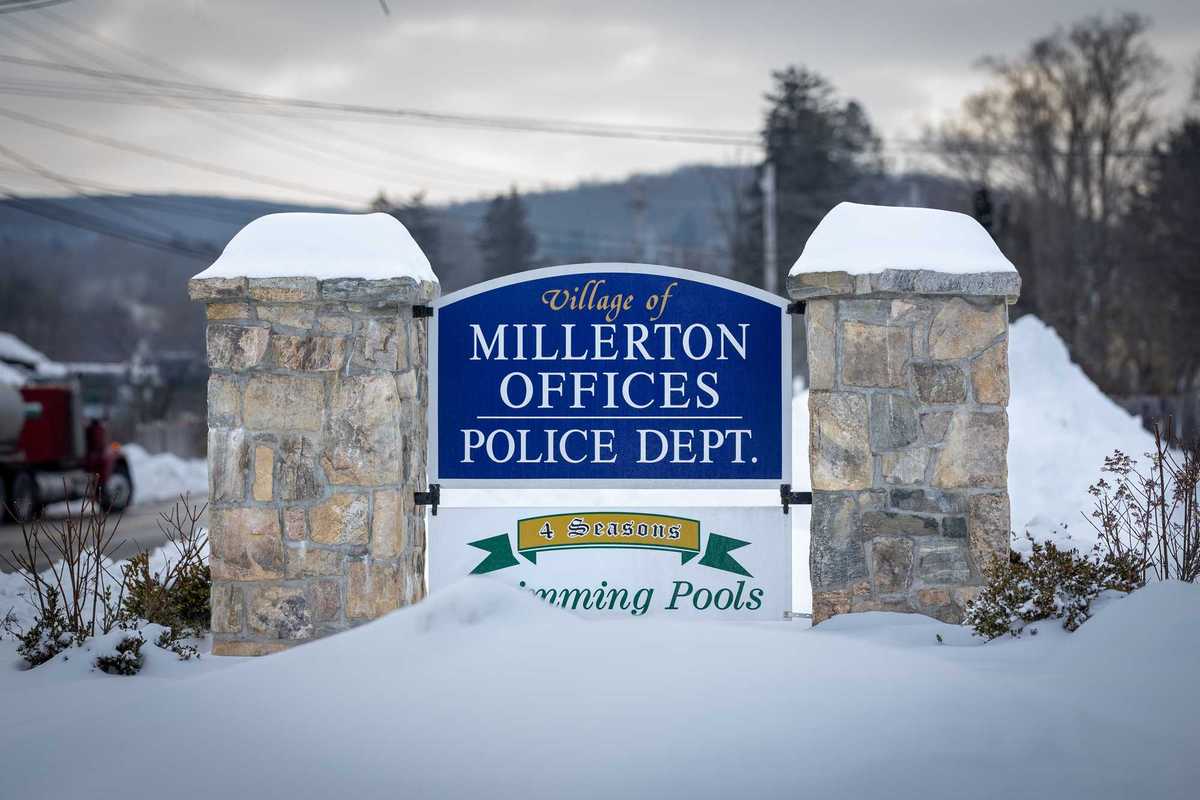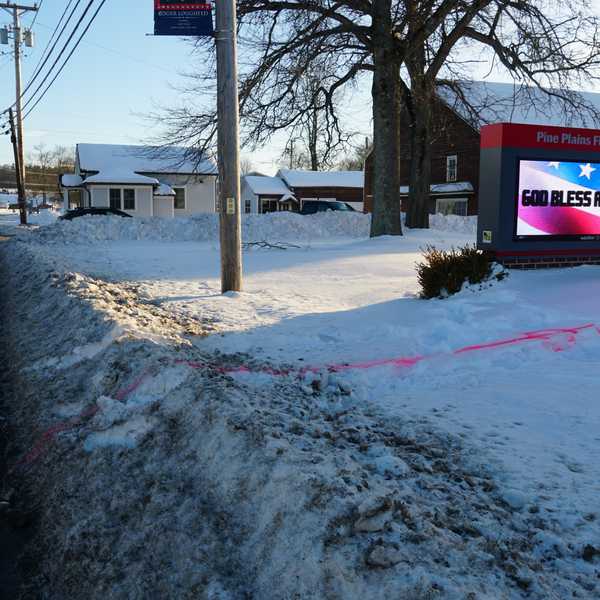New Cary Institute scientist to discuss the afterlife of trees
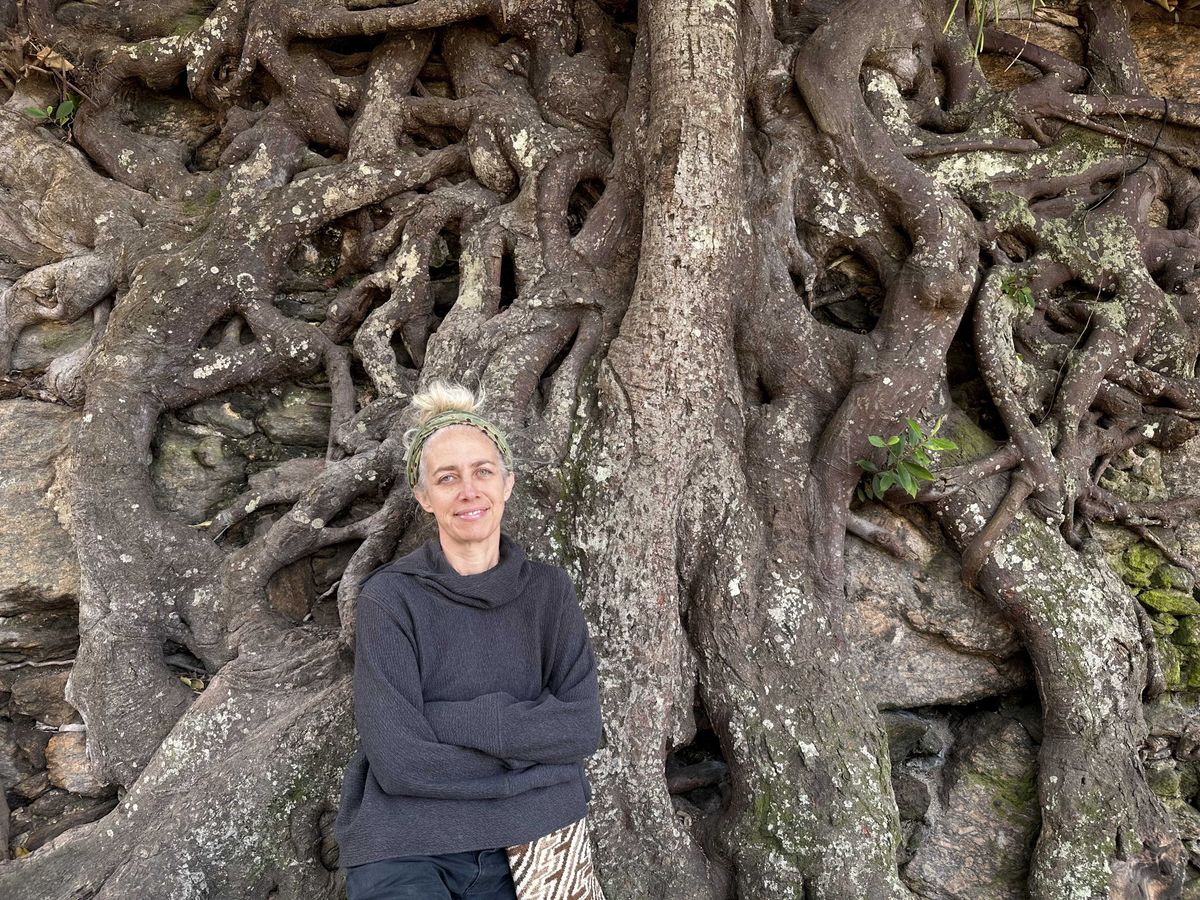
The Cary Institute's newest faculty member, Amy Zanne, will discuss what happens to a tree after it dies during a lecutre on Friday, Oct. 24, from 7 fto 8 p.m. in the Cary Institute Auditorium on Route 44 outside Millbrook.
Photo Provided

